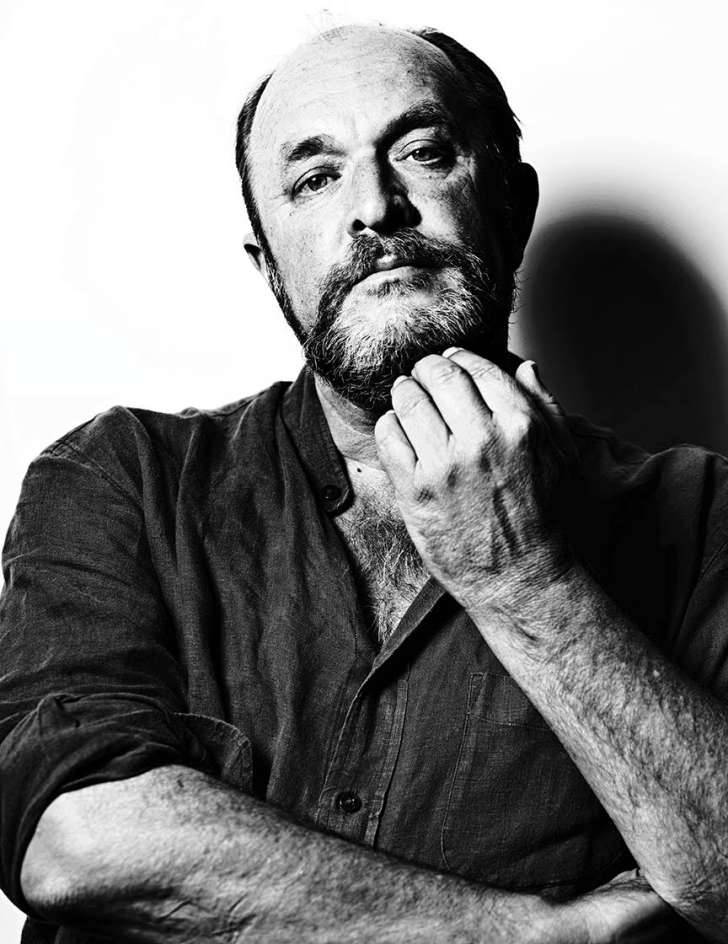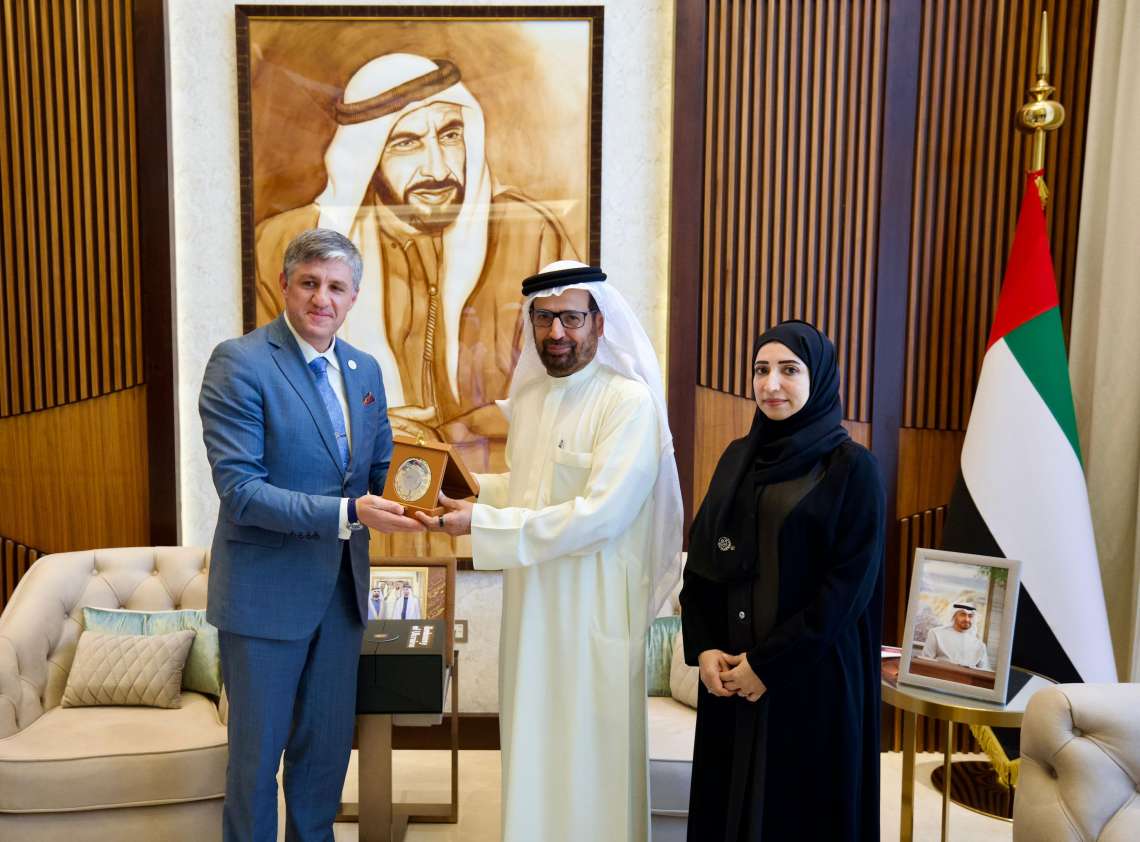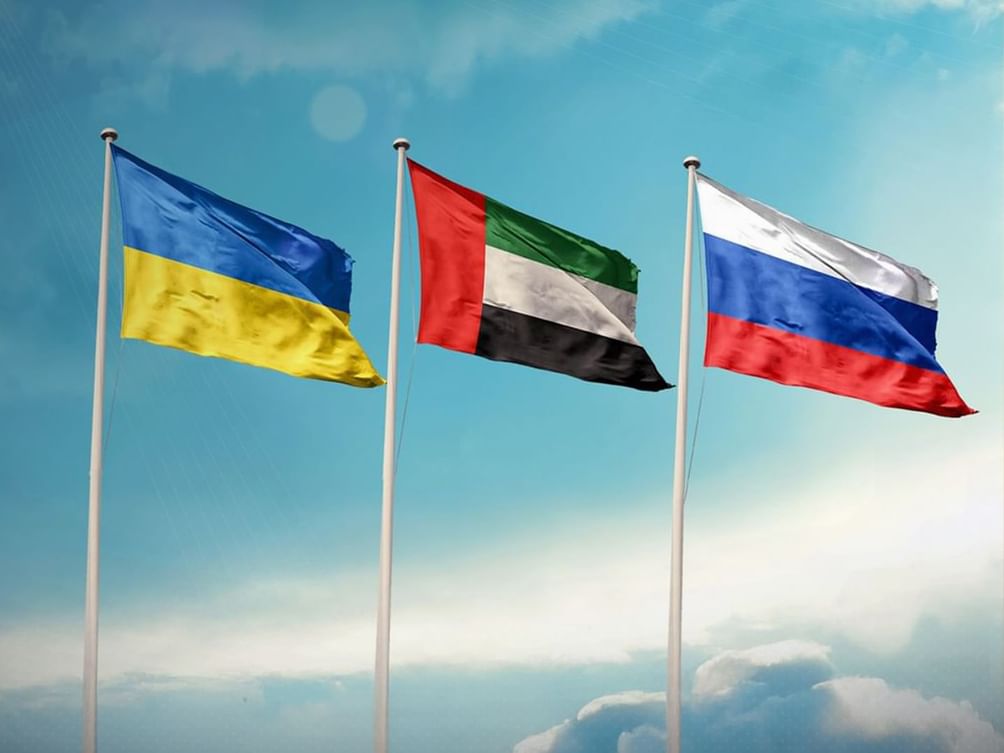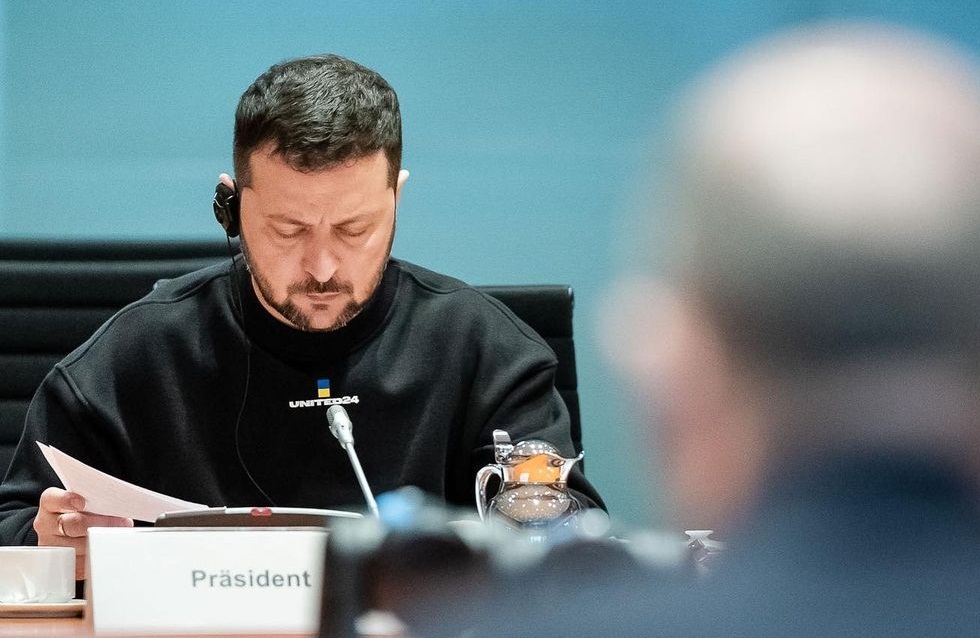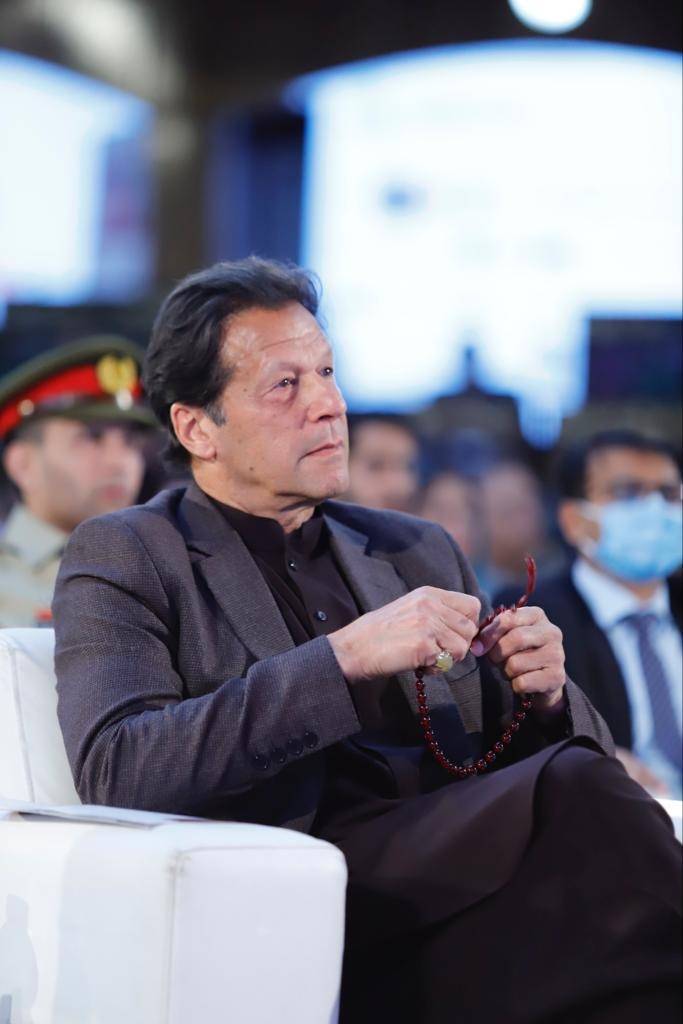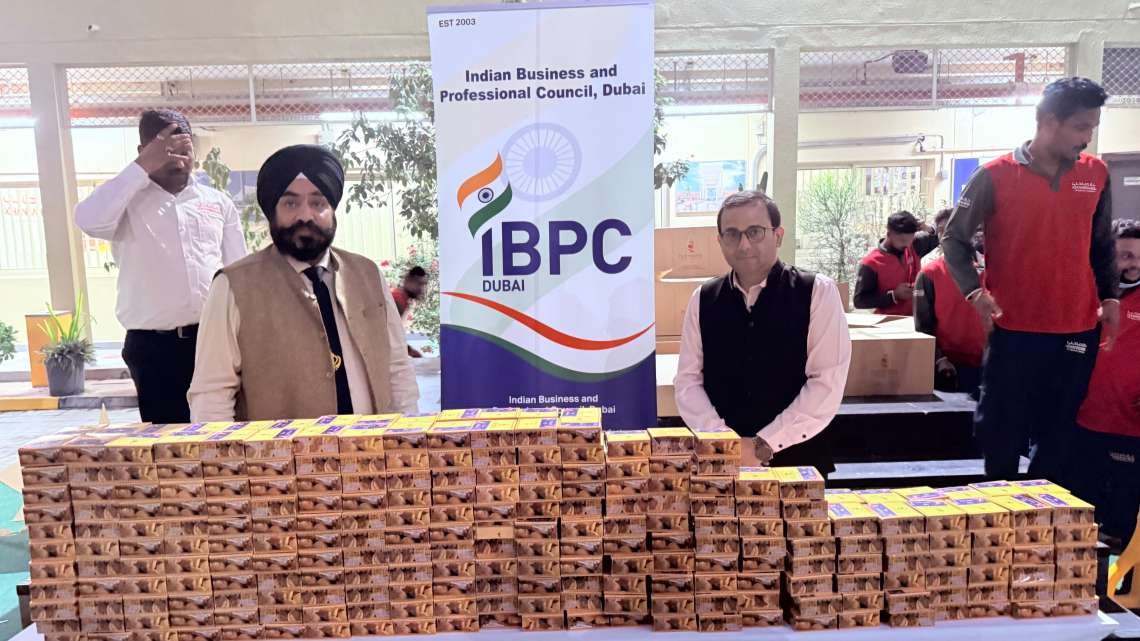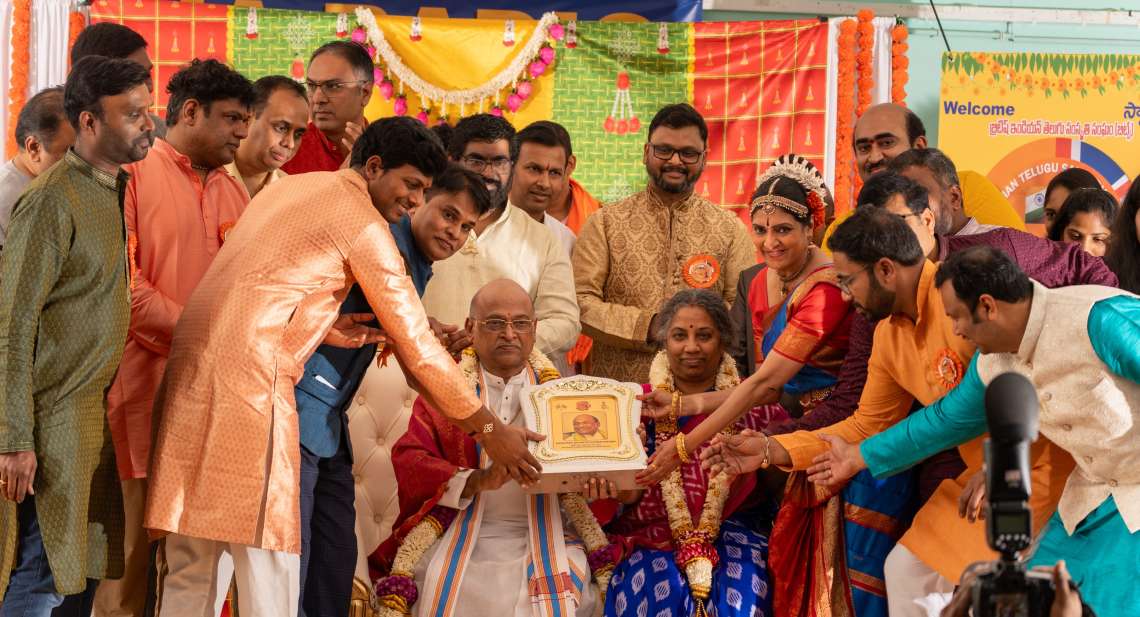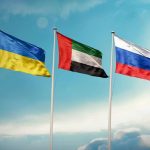An author’s worst enemy is the temptation to go to the different literary festivals, but they did not take place. I was therefore forced to work hard and now it is time to sit down and write this book.”…William Dalrymple speaks with Sukant Deepak
Author William Dalrymple has stressed on the need for all the democracies to stand together on war-torn Ukraine.
“And we all thought colonialism was over… I am not an Indian nor can I tell anyone what to do, but it seems short-sighted when there is not a single word of condemnation from here on the invasion of Ukraine. It is extremely important for democracies to stand up. Who knows what is next? Russia may not afford a prolonged war but China can definitely,” Dalrymple tells.
Author of ‘The Anarchy’, ‘Return of a King’, ‘The Last Mughal’ and the ‘White Mughals’ among others, Darlymple, who is the co-founder and co-director of the Jaipur Literature Festival (JLF) which returns to its physical avatar in March feels digital can never substitute any festival on the ground.
“Half the fun of any such festival is in meeting people, enjoying the weather, those parties in the evening and interacting with the speakers first-hand… something we all have missed immensely. Of course, one can still get an awful lot out of the digital as a speaker and as an attendee. It’s obviously something that has blossomed over the last few years. This time, JLF will be seen in a hybrid avatar, offering the best of both the worlds.”
Admitting that it was not easy to convince many authors, especially from abroad to come down to Jaipur, in face of the Pandemic, Dalrymple, adds, “But I am quite surprised as there a lot of them willing to travel. We have a fantastic lineup of writers from India and abroad.”
The author, who wrote the evergreen ‘City of Djinns: A Year in Delhi’ is now heading towards the end of research for his forthcoming book ‘The Golden Road’. He says, “Initially, it was not able to get to Cambodia and other places owing to the Pandemic, but ultimately it happened. During the lockdowns, many writers managed to do more than they had done in 10 years. I was back from ‘The Anarchy’ tour when everyone was forced to stay indoors. An author’s worst enemy is the temptation to go to the different literary festivals, but they did not take place. I was therefore forced to work hard and now it is time to sit down and write this book.”
Talking about narrative history, a space much unexplored here before he came in, Dalrymple remembers, “When I started 30 years ago, there was a weird absence. In other places like Britain and the US, non-fiction sells just as good as fiction unlike here. While people were winning major prizes in fiction not much was being done on the historical non-fiction side. That has changed now and we have some wonderful new writers — there is a thirst for non-fiction. From leftists, right wingers to centralists, everyone is writing.”
Also a photographer who shoots in black & white, Dalrymple is all set to hold his exhibition in Baroda next month and launch a podcast called ‘Empires’. “Photography helps one use a different side of the brain. I have been a lone traveller for a long time and these journeys on the road have produced some wonderful opportunities for writing as well as photography.”
Even as his son, Sam is set to release his debut book next year, the author says it is exciting to have another writer around. “He is also being forced to concentrate, and both of us are researching our books. In fact, his brother was doing a history thesis as well. Well, my reference books keep disappearing… other than that it’s an enormous pleasure. There is no guarantee that your children will share your interests — but this is perfect. I am learning a lot from them. They keep telling me things that I’ve never heard of,” he says.
Dalrymple, who spends two-three years researching — reading what is already been written on a subject he is exploring, going through archives, art history, and archaeological sources elaborates on his process, “Travel, note taking and card indexes are involved. I tend to write quickly. The key is to get everything cut out and to really know your stuff. And then you can write fast. But yes, writing the ‘The Golden Road’ is going to be tough, I have never written about South-East Asia.”
ALSO READ-‘Russian compulsion, Chinese threats behind India’s abstention’

